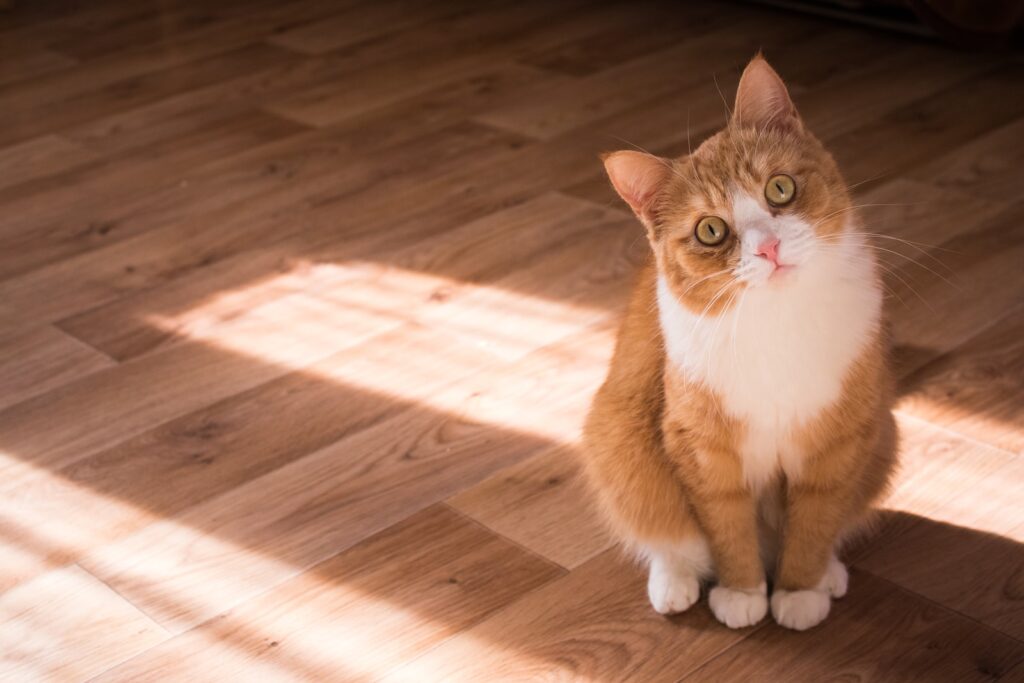Can Cats Eat Crab Sticks? — No, They Can’t
Crab sticks are a popular seafood snack among humans, but can cats safely enjoy this treat as well? Unfortunately, the answer is no. While crab sticks may be tempting to share with your feline companion, they are not suitable for their diet and can pose potential risks to their health.
Is It Safe for Kittens to Consume Crab Sticks?
Kittens should not consume crab sticks either. The same reasons that make crab sticks unsuitable for adult cats apply to kittens as well. Their delicate digestive systems are not equipped to process seafood snacks like crab sticks, making it best to avoid feeding them to kittens.
Risks Associated with Feeding Crab Sticks to Kittens
Feeding crab sticks to kittens can increase the risk of digestive issues, such as upset stomach, diarrhea, and vomiting. Their young bodies may have difficulty breaking down the artificial ingredients and additives often found in crab sticks, leading to potential health problems.
Why Crab Sticks are Not Recommended for Cats
No Nutritional Value
Crab sticks provide minimal nutritional value for cats. They are primarily made from processed fish paste and contain little to no actual crab meat. Cats require a balanced diet consisting of high-quality protein, essential fatty acids, and other vital nutrients that crab sticks lack.
Potential Allergic Reactions
Cats, like humans, can develop allergies to certain foods. Crab sticks often contain artificial flavorings, preservatives, and additives that may trigger allergic reactions in cats, leading to symptoms such as skin irritations, gastrointestinal disturbances, and respiratory issues.
High Sodium Content
Crab sticks are typically high in sodium content, which can be detrimental to a cat’s health. Excessive sodium intake can lead to dehydration, increased blood pressure, and potential kidney or heart problems. Cats, being obligate carnivores, have evolved to obtain their required nutrition from animal-based sources, making highly processed and sodium-rich snacks unsuitable for their dietary needs.
Known Health Issues in Cats from Consuming Crab Sticks
Consuming crab sticks can lead to various health issues in cats. Some of the common problems associated with feeding crab sticks to cats include digestive upset, allergic reactions, dehydration, increased blood pressure, kidney issues, and heart problems.
What to Do If a Cat Has Consumed Crab Sticks?
- Consult a Veterinarian: If your cat has consumed crab sticks and shows any signs of adverse reactions or discomfort, it is essential to consult a veterinarian for proper guidance and medical advice.
- Monitor the Cat: Keep a close eye on your cat after they have ingested crab sticks. Look for any unusual behavior, changes in appetite, vomiting, diarrhea, or lethargy. If these symptoms occur, seek veterinary care immediately.
- Hydration: Ensure your cat stays hydrated by providing fresh water and encouraging them to drink. This can help flush out any potential toxins or alleviate any dehydration caused by excessive sodium consumption.
Safe Alternatives to Crab Sticks for Cats
Instead of offering crab sticks, there are several safe and healthier alternatives that cat owners can consider. Some examples include cooked fish without seasoning, small portions of lean poultry, or commercially available cat treats specifically formulated for feline consumption. Always remember to feed treats in moderation and consult with a veterinarian for suitable options based on your cat’s specific dietary needs.
Conclusion
In conclusion, it is best to refrain from feeding crab sticks to your beloved feline friends. These processed seafood snacks lack the necessary nutrients for cats and can potentially lead to allergic reactions, digestive issues, and other health problems. Prioritize your cat’s well-being by providing a balanced and species-appropriate diet consisting of cat-friendly foods. If you have any concerns about your cat’s diet or health, consult with a qualified veterinarian for personalized advice.






